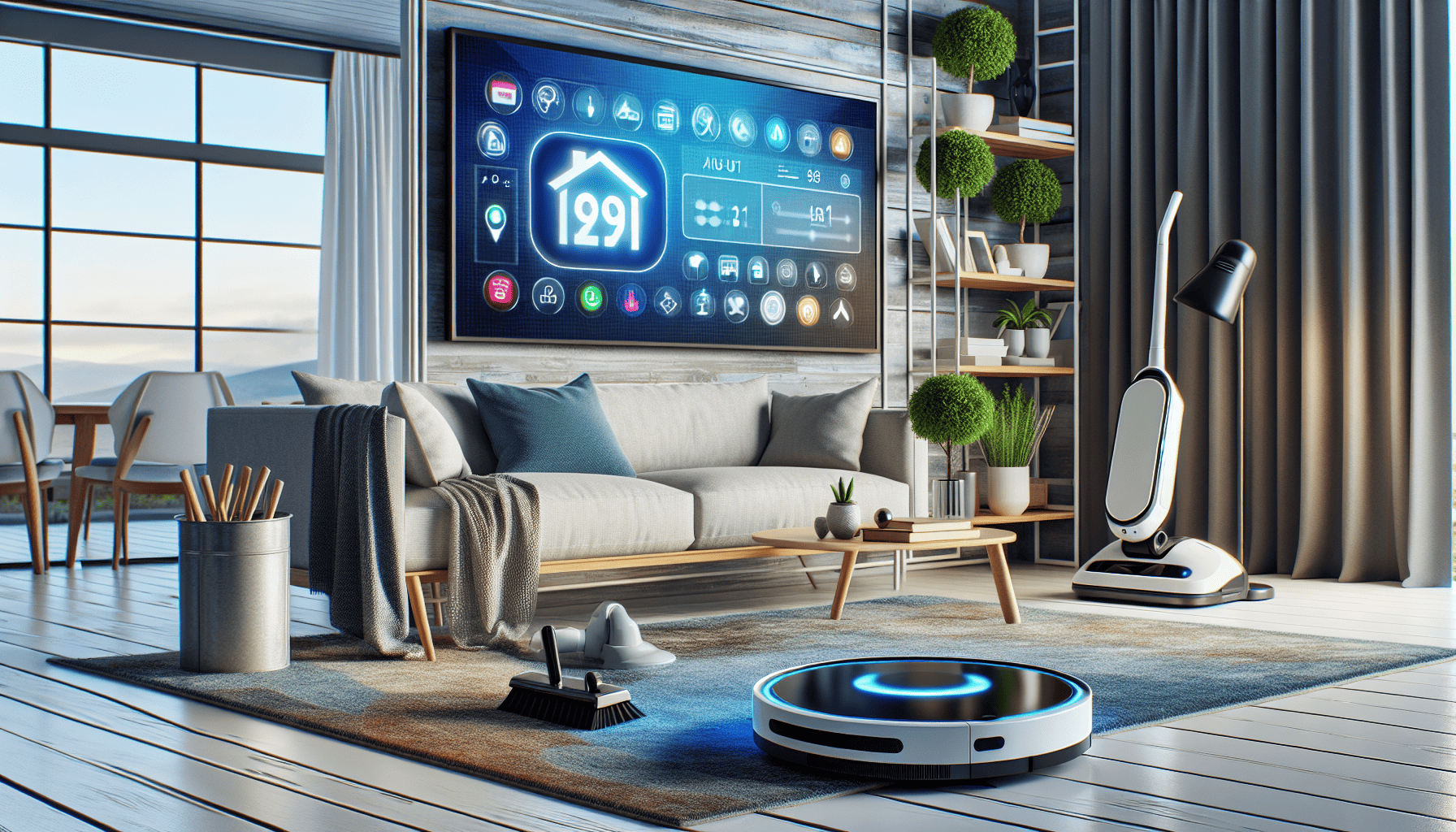The year 2024 marks a significant milestone in the journey of artificial intelligence (AI) as it becomes deeply woven into the fabric of daily life. Cutting-edge advancements have matured AI from a futuristic concept into an essential component of personal and professional environments. As AI technologies continue to evolve, they are transforming how we live, commute, communicate, and work, enhancing efficiency and enriching our everyday experiences.
One of the most prominent arenas where AI has made a noticeable impact is in the realm of smart homes. In 2024, smart home devices are not just about convenience; they offer a level of personalization and automation that was unimaginable a few years ago. AI-powered personal assistants can now predict users' needs with astonishing accuracy, from adjusting lighting and temperature based on personal preferences and routines to managing energy consumption to suit both sustainability goals and budgetary constraints.
Moreover, the integration of AI in home security systems has reshaped the notion of safety. Advanced security cameras equipped with facial recognition and motion detection can provide real-time updates and alerts, significantly reducing the response time in case of unusual activity. This seamless blend of AI-driven technologies not only enhances security but also gives residents peace of mind, knowing their homes are monitored by intelligent systems capable of learning and adapting to potential threats.
Beyond the household, transport and mobility have witnessed a revolutionary change with the arrival and normalization of autonomous vehicles. As AI guides these self-driving cars, they provide a safer, more efficient, and environmentally friendly way to travel. By 2024, city infrastructures are increasingly accommodating these vehicles, with smart traffic systems designed to minimize congestion and reduce emissions. As a result, AI is not only making commutes less stressful but also offering the potential to transform urban planning by reducing the need for extensive parking spaces and allowing more room for green areas and pedestrian pathways.
Another transformative impact of AI is evident in the workplace. AI is enhancing productivity and innovation by taking over repetitive and time-consuming tasks, allowing human workers to focus on more creative and strategic endeavors. AI-driven tools are becoming indispensable in sectors like healthcare, where they assist in diagnostic processes and personalizing patient care, as well as in finance, where they power risk analysis models and fraud detection systems.
Moreover, AI's impact extends into communication, with tools that facilitate more natural and intuitive interactions between humans and machines. Advanced language processing systems allow for seamless translations and transcriptions, breaking down global communication barriers and fostering collaboration across borders. Businesses are leveraging these technologies to enhance customer service, deploying AI chatbots that can handle inquiries round-the-clock with ever-improving accuracy and empathy.
However, as AI becomes more intertwined with daily life, it also raises important considerations regarding ethics, privacy, and employment. The balance between leveraging AI's capabilities and ensuring responsible use is a pivotal discussion among policymakers, technologists, and society at large. It is crucial to address potential biases inherent in AI systems, ensure data privacy, and manage the transition in labor markets as AI alters the nature of jobs.
In conclusion, AI's integration into daily life in 2024 is redefining what is possible across multiple domains. From smart homes and autonomous vehicles to the workplace and global communication, AI is facilitating a future that is more connected, efficient, and adaptive to human needs. As we move forward, the challenge lies in harnessing these advancements responsibly to benefit society while navigating the complex issues they present. The future promised by AI is promising, and its ongoing innovations will continue to shape our world in exciting and unexpected ways.
